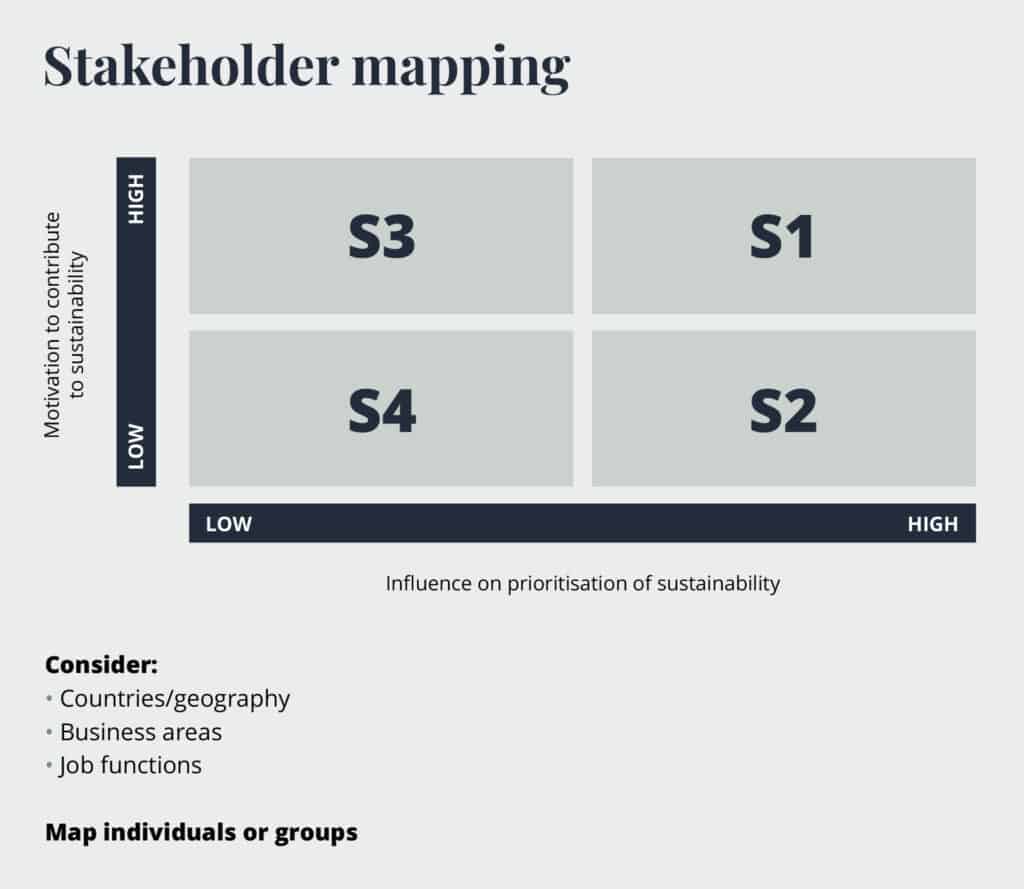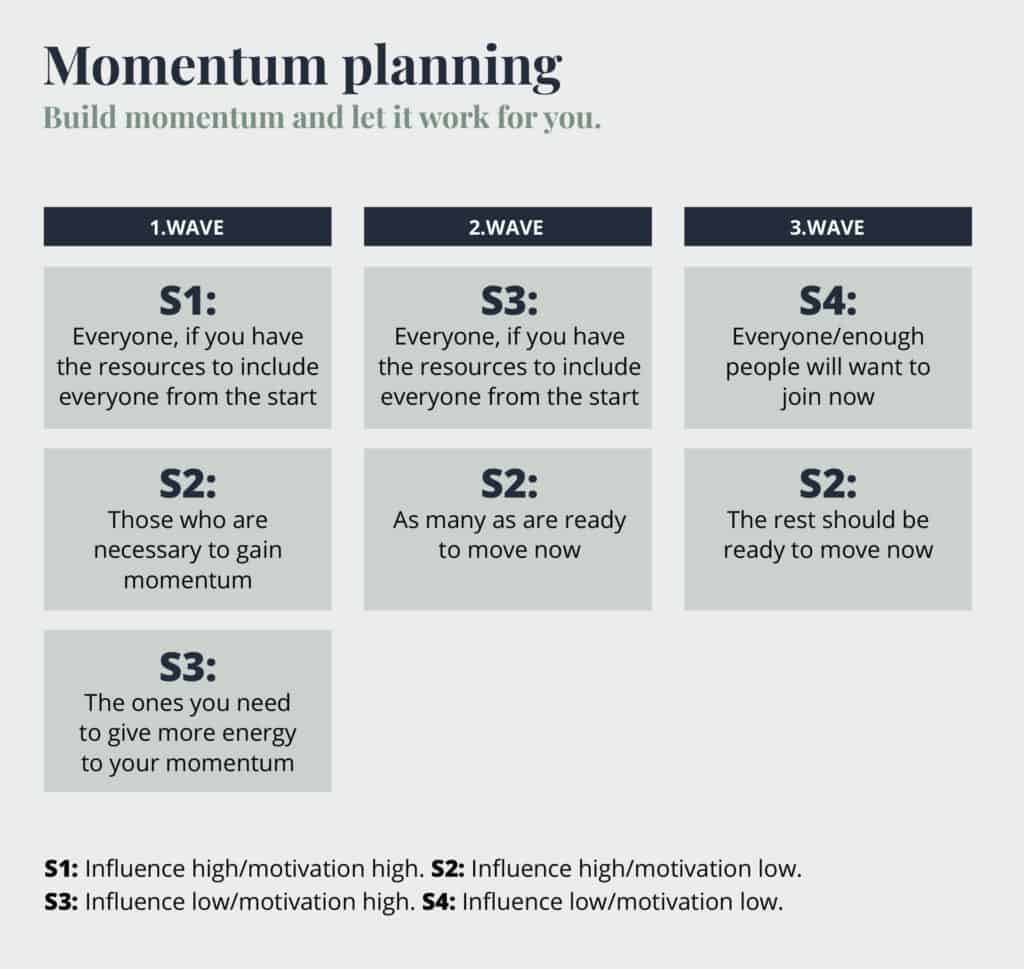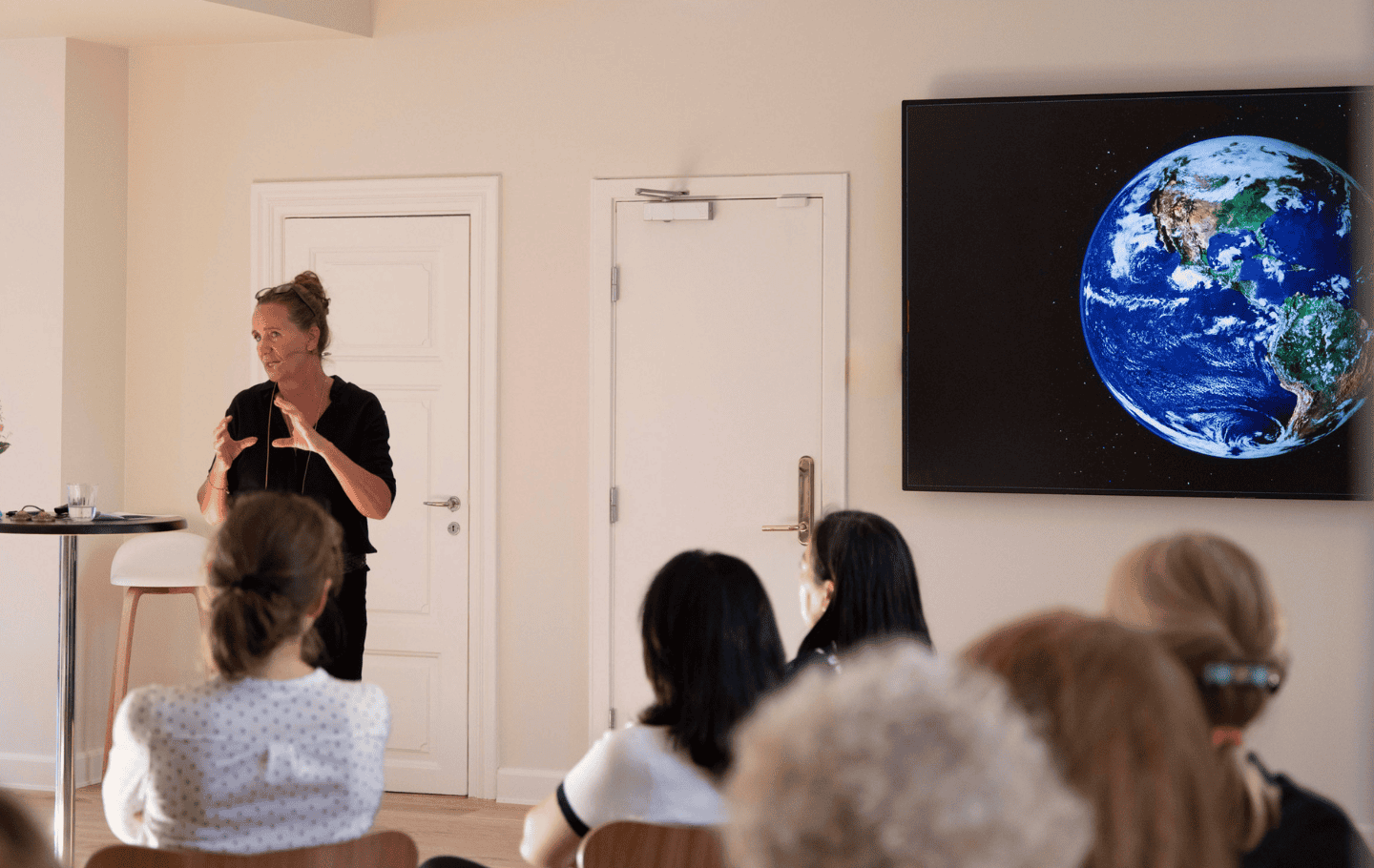
Big long-term sustainability goals have long been discussed globally and in Denmark. This is especially the case with respect to the green agenda, with targets for 70% CO2 reduction targets and CO2 neutrality, and on a bigger scale, the 17 UN Sustainable Development Goals. Meanwhile, many public and private customers have not demanded sustainability or have not chosen sustainable solutions if it meant a cost increase.
However, there has now been a shift, in the shape of the latest public procurement policy from ‘Green Procurement for a Green Future’ (October 2020, In Danish). This covers annual public procurement of an estimated DKK 380 billion and aims to lay the foundations for a significantly reduced climate footprint.
Private companies are also stepping up. Several major Danish companies, such as Grundfos and Novo Nordisk, are imposing increasingly stringent sustainability requirements on their value chains. They are also prepared to pay more if their requirements mean more expense for suppliers during a transitional phase. For example, Novo Nordisk’s ‘Circular for Zero’ strategy requires all suppliers to base their supplies on green power by 2030. CEO Lars Fruergaard states they are prepared to pay a little more initially.
Today, companies increasingly have to communicate to customers, authorities and partners how they meet specific sustainability requirements. Furthermore, you can distinguish yourself favourably by providing answers and actions beyond the requirements. Having sustainability genuinely embedded in your organisation increases credibility and competitiveness. If your approach to sustainability is on an add-on or ad hoc basis, the world will quickly see through it. The educational sector does not escape either. There are increasing demands and expectations on, for example, research and education institutions.
It is not only customers and authorities that are asking questions. Increasingly, young talent is doing the same. Sustainability therefore also plays a role in attracting employees and being an attractive place to work.
What about you? Does your organisation have solutions and answers ready? Do you have all of your organisation on board? Is progress being made on your sustainability agenda?
It takes an appreciation of both the bigger picture and the crucial details to succeed with the sustainability agenda. Here you will find four handles to inspire those responsible for driving this agenda, such as directors, managers or project leaders, or those who just want to promote the necessary changes.
It’s about leading externally, focusing on customers, partners, and impact, and creating internal commitment, ownership, competence, and action.
If you usually focus primarily inwardly or outwardly, be aware that this approach requires both.
Approach: Balance your leadership focus so that the inner journey aligns with the outer business focus.
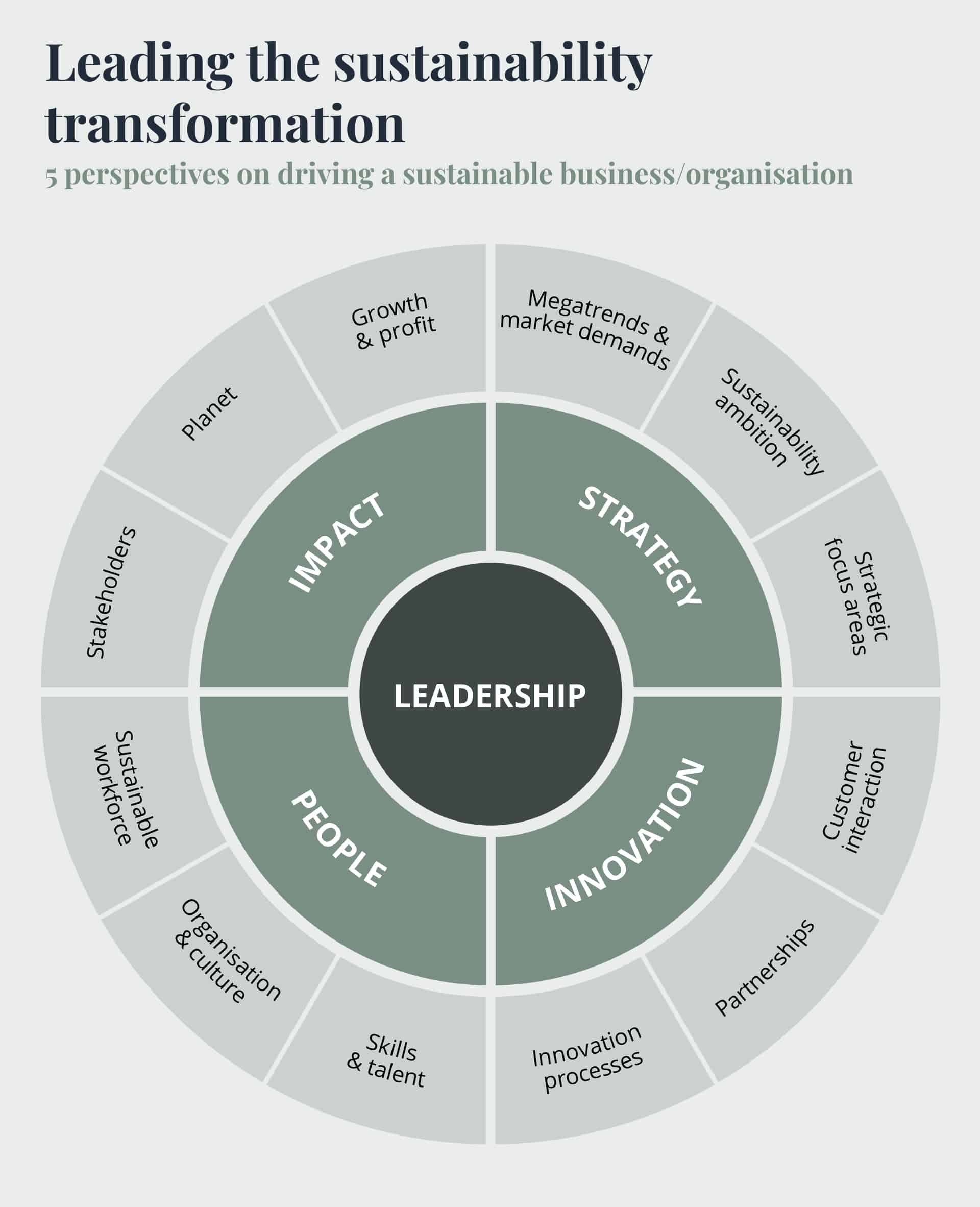
Make a strategy pitstop and check if sustainability is well integrated and made into a competitive advantage for you. Or alternatively, that you can at least meet compliance requirements. Being too ad hoc and add-on undermines the credibility of your actions, both internally and externally.
Map the sustainability development goals (SDGs) regarding the risks and opportunities they hold for you. This provides a good overview and basis for prioritising the critical SDGs of your business. This makes it easier for you to update the strategy or execute it more sustainably.
Method: Risk and opportunity mapping and prioritisation of SDGs:
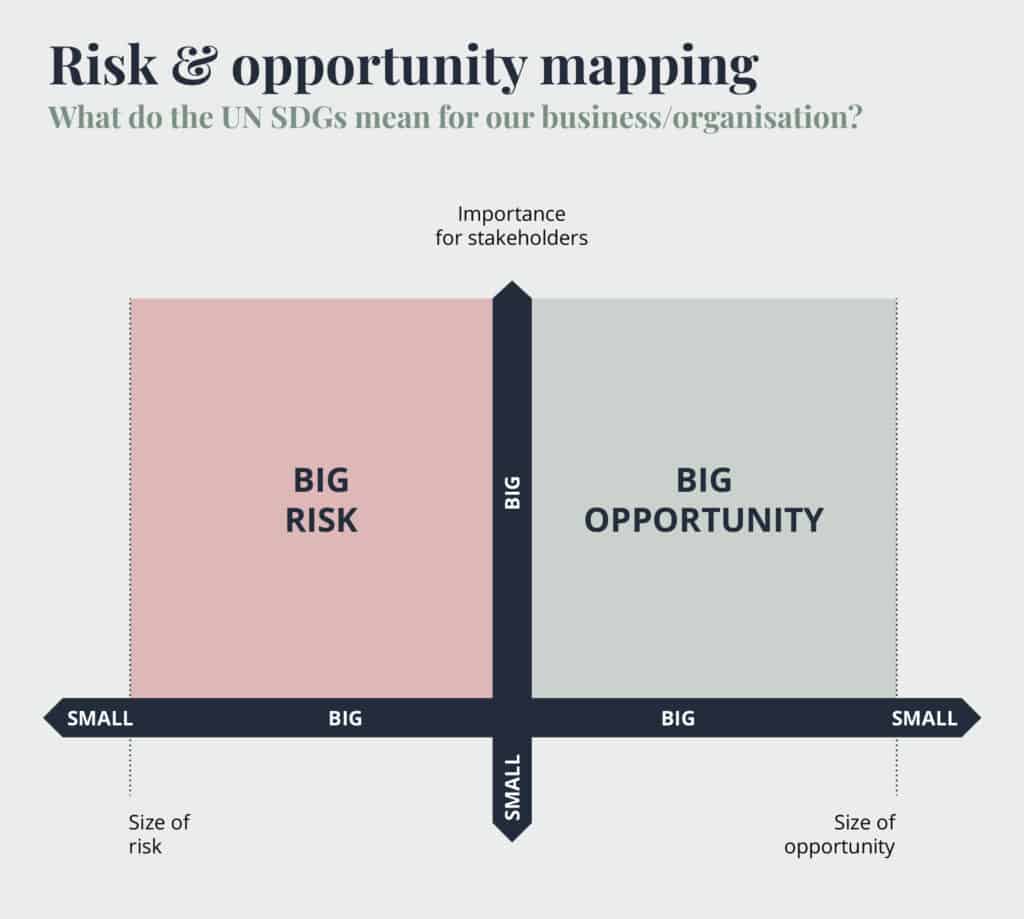
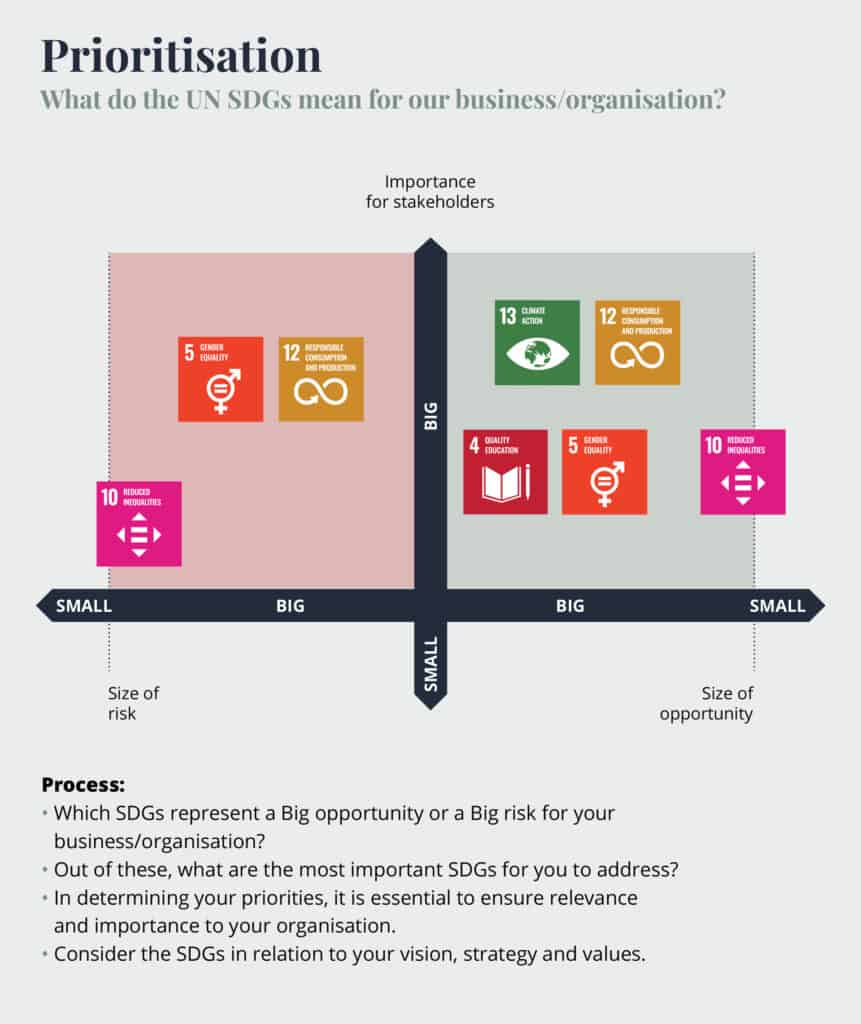
Sustainability is an agenda that is moving – rapidly. Novel solutions become possible. New or more stringent requirements are adopted. Are you and your organisation up to date? Follow the organisations shaping the agenda in your business sector, whether as customers, regulators, experts, suppliers or competitors.
A good approach is deep data interviews with relevant parties, as it provides knowledge and strengthens the relationship conducive to further cooperation. This form of interviewing is an open, inquisitive approach to seeing the world as it appears to the person interviewed.
Method: Deep data interviews.
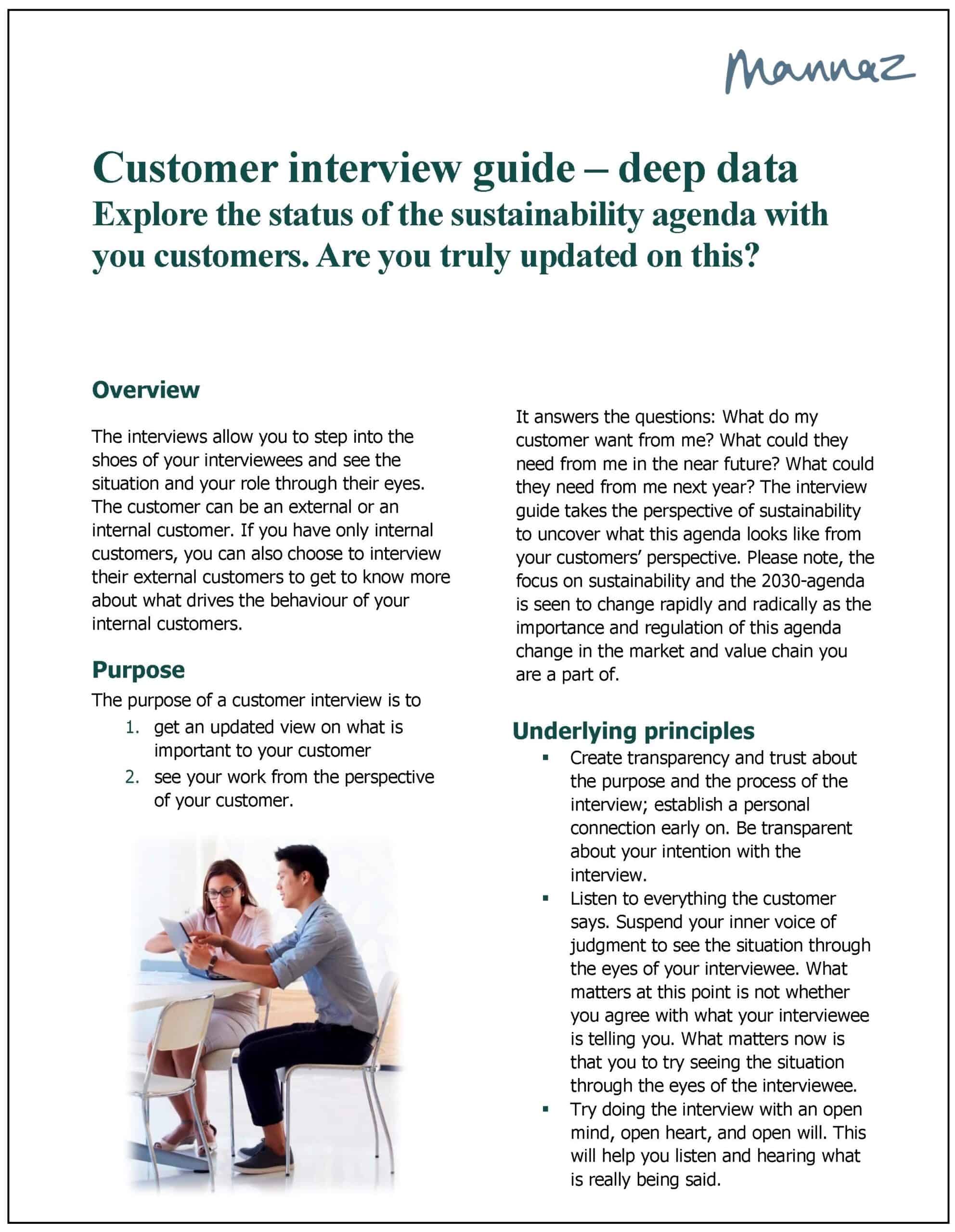
If you are dealing with a somewhat sceptical organisation, perhaps because sustainability has not been a significant focus in the past, mapping stakeholders and thinking through how to build momentum for action and momentum can be a very fruitful approach.
Start with areas where there is a high customer demand, motivated employees, and the support of highly influential stakeholders. Build momentum by highlighting commercial relevance and showing how it is possible to act sustainably.
You need to generate sustainable actions, both to create a more sustainable impact and stimulate further action. Here, tracking activities and impact can provide momentum as well.
Method: Stakeholder mapping and momentum planning.
